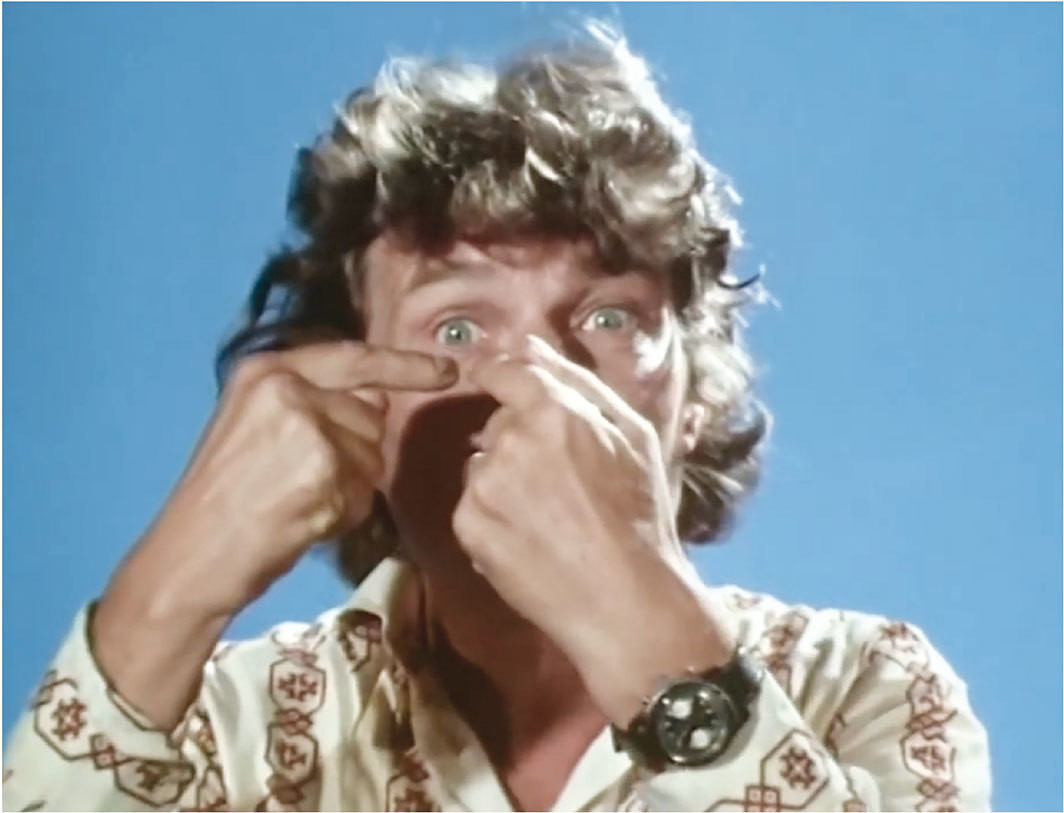In the April/May issue of Bookforum, Sasha Frere-Jones reviews A Writer of Our Time: The Life and Work of John Berger by Joshua Sperling. Berger died in 2017 after a long and singular life that saw him acclaimed as an art critic, novelist, political militant, and – strangest of all – a TV personality. In the words of Sperling, one of Berger’s greatest gifts was to “connect fields and regions of experience far too often kept separate.” Here’s an excerpt from the review:
Joshua Sperling’s tight biography of Berger, A Writer of Our Time, takes stock of an easily loved author without bending the knee. (Soon, there will be another book—Berger’s archivist, Tom Overton, is scheduled to finish his biography this year.) Berger’s gaze was steady, his pace calm, his default mode genial. His mode of scholarship was not one-upmanship. Barthes and Sontag got to photography first, and Fanon wrote about migrants long before Berger. But he knew how to find a problematic area and conduct his inquiry blind to both obstacle and custom. A montage of photographs and essays? Sure, even if it’s not really a known thing beyond a few pamphleteers. Television? Why not? It doesn’t have to be fast or unsubtle. Art criticism? The classist Masons have held it long enough …
As he aged, Berger seemed like an English counterpart to James Baldwin, who wrote long-hand to encourage “shorter declarative sentences.” Both tended to the prophetic and blunt and each one modified a national archetype. Baldwin took the Christian pulpit from his abusive father and created a secular kind of preaching, a form of concentrated witness that refused to cool. Berger became the teacher he’d never found in “the ‘totally barbaric’ culture of the English boarding schools.” Berger knew Death with its cart would come, though it stayed in the wings and gave him more time than most. In the meantime, there was much to do—so much seeing, so much talking.
Image: John Berger on the BBC TV show Ways of Seeing, 1972. Via Bookforum.
